Bb5.3
For 3 days Ure Honu ran after the
Rat who was he kuhane o te puoko:
... Another year passed, and a man by the
name of Ure Honu went to work in his banana plantation.
He went and came to the last part, to the 'head' (i.e., the
upper part of the banana plantation), to the end of the banana
plantation. The sun was standing just right for Ure Honu
to clean out the weeds from the banana plantation.
On the first day he hoed the weeds. That went
on all day, and then evening came. Suddenly a rat came from the
middle of the banana plantation. Ure Honu saw it and ran
after it. But it disappeared and he could not catch it. On the
second day of hoeing, the same thing happened with the rat. It
ran away, and he could not catch it. On the third day, he
reached the 'head' of the bananas and finished the work in the
plantation. Again the rat ran away, and Ure Honu followed
it. It ran and slipped into the hole of a stone. He poked after
it, lifted up the stone, and saw that the skull was (in the
hole) of the stone. (The rat was) a spirit of the skull (he
kuhane o te puoko) ...
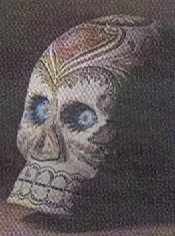
→ The belly
(manava) pair of glyphs in Bb5-6--7 can fruitfully be
compared with a similar pair in the C text (Cb6-13--14):
|
Jan
9 |
10 |
11 |
12 |
13
(378 → Saturn) |
 |
 |
 |
 |
 |
|
Bb5-1 |
Bb5-2 |
Bb5-3 (166) |
Bb5-4 |
Bb5-5 (589) |
|
Ki te manu gutu roaroa |
kua hahata ia te vaha ona |
mai tae tanu
hia te
tau moko |
e manu rere |
ki te mauga |
|
Tanu. To cover something in the ground
with stones or soil; to bury a corpse; tanu kopú,
to bury completely; this expression is mostly
used figuratively: ka-tanu kopú te vânaga tuai
era, ina ekó mana'u hakaou, forget those old
stories, don't think of them again. Vanaga. To bury,
to plant, to sow seed, to inter, to implant, to
conceal; tagata tanukai, farmer; tanuaga,
burial; tanuaga papaku, funeral; tanuga,
plantation; tanuhaga, funeral, tomb. P Pau.:
tanu, to cultivate. Mgv.: tanu, to
plant, to bury. Mq.: tanu, to plant, to sow.
Ta.: tanu, to plant, to sow, to bury.
Churchill.
Moko.
1. Lizard; moko manu uru,
figurine of a
lizard (made of wood). 2. To throw oneself on
something, to take quickly, to snatch; to flee into
the depths (of fish); tagata moko,
interloper, intruder, someone who seizes something
quickly and swiftly, or cleverly intrudes somewhere;
ka-moko ki te kai, ka-moko, ka-aaru, quickly
grab some food, grab and catch. 3. To throw oneself
upon someone, to attack: he-moko, he-reirei,
to attack and kick. 4. Moko roa: to make a
long line (of plantation); moko poto, to make
a short line. 5. Ihu moko; to die out (a
family of which remains only one male without sons);
koro hakamao te mate o te mahigo, he-toe e-tahi
tagata nó, ina aana hakaara, koîa te me'e e-kî-nei:
ku-moko-á te ihu o te mahigo. when the members
of family have died and there remains only one man
who has no offspring, we say: ku-moko-á te ihu o
te mahigo; to disappear (of a tradition, a
custom), me'e ihu moko o te tagata o te kaiga
nei, he êi, the êi is a custom no longer
in use among the people of this island. Vanaga. 1.
Lizard. P Pau., Mgv., Mq.: moko, id. Ta.
moó, id. 2. To stun, to be dizzy. PS Sa.:
mo'o, to be surprised. Hakamoko, to
accomplish. Mokohi, grain, full-grown berry (mokoi);
mokohi haraoa, grain. Mgv.: mokohe,
food. Mokoimokoi, heart T, kidney.
Mokomoko, sharp, pointed, slender, cape,
headland; gutu mokomoko, pointed lips.
Churchill. Mgv.: mokora, a duck. Ta.:
moora, id. Churchill. ... A
une certaine saison, on amassait des vivres, on
faisait fête On emmaillotait un corail, pierre de
défunt lezard, on l'enterrait, tanu. Cette
cérémonie était un point de départ pour beacoup
d'affaires, notamment de vacances pour le chant des
tablettes ou de la priére, tanu i te tau moko o
tana pure, enterrer la pierre sépulcrale de
lézard de sa prière ...
Maúga. 1. Last; aga maúga
o te Ariki o Hotu Matu'a, King Hotu Matua's last
work. 2. Hill, mountain. Mouga, moúga. Last;
vânaga moúga o te Ariki O Hotu Matu'a, the
last words of King Hotu Matu'a. Vanaga. Mauga
kore, impalpable. Mouga. 1. Enough,
that's all, at last. 2. Mountain, ridge of hills;
mouga iti, hillock; tua mouga, mountain
top; hiriga mouga; hillside, declivity,
slope. P Pau.: mahuga, mountain. Mgv.: mou,
maga, mountain. Mq.: mouna, mouka,
peak or crest of a mountain. Ta.: maua,
moua, mountain. 3. Extinction, end,
interruption, solution; te mouga o te hiriga,
end of a voyage; pagaha mouga kore, without
consolation. 4. To get. Churchill. |
|
ALUDRA (Virgin) =
η
Canis Majoris
(111.1),
PROPUS = ι
Gemini (111.4),
GOMEISA (Water-eyed) = β Canis Minoris
(111.6)
*70.0 = *111.4 - *41.4 |
ρ Gemini
(112.1),
Eskimo
Nebula = NGC2392 Gemini
(112.2)
ANTARES (α Scorpii) |
Al Dhirā'-5 (Forearm)
/
Punarvasu-7 (The Two Restorers
of Goods) /
Mash-mashu-Mahrū-10 (Western
One of the Twins)
CASTOR (Beaver) = α Gemini (113.4)
*113.4 = *41.4 + *72.0 |
ANA-TAHUA-VAHINE-O-TOA-TE-MANAVA-7 (Pillar for
Elocution)
υ Gemini (114.0),
MARKAB PUPPIS = κ Puppis
(114.7), ο Gemini (114.8),
PROCYON = α Canis Minoris
(114.9) |
α Monocerotis
(115.4),
σ Gemini (115.7)
*74.0 = *115.4 - *41.4 |
|
July 10 |
11 |
12 (193) |
13 |
14 |
|
'June 12 |
13 |
14 (166) |
15 |
16 |
|
"May
30 |
31 |
"June 1 (152) |
2 |
3 |
|
MAY 7 |
8 |
9 (129) |
10 |
11 |
|
... Originally
the highly born family of the Sun, Moon, and stars
dwelt in a cave on the summit of Maunga-nui,
Great Mountain, in the ancient homeland. They were
not at all comfortable in their gloomy home for they
could not see distinctly and their eyes watered
constantly. After the Sky-father had been elevated
to his present eminence Tane decided that the
celestial family would be happier in the sky, where
they would serve the double purpose of ornamenting
the naked body of Rangi and giving light to
the Earth-mother. Since Papa had already been
turned with her face toward the Underworld it is
difficult to see how she would benefit by the
illumination ... |
|
Jan 14 |
15 (380) |
16 (365 + 16) |
 |
 |
 |
|
Bb5-6 (590 = 20 *
29½) |
Bb5-7 |
Bb5-8 (171) |
|
kua kake ko
kahini |
kua kake o
manava te kahini |
kua kake ko
Reha - kua kake ko Apareha |
|
Manava. Abdomen, belly,
(fig.) affection, sensitivity, feelings; manava
more, grief; manava mate, infatuated, in
love (with something); ku-ká-á te manava,
flared up, infuriated, irate; he-kava te manava,
offended, to turn sour, embittered. See also hatu
(manava hatu). Vanaga. Belly, abdomen,
entrails, interior; manava ahuahu,
indigestion; manava hanohano, high tempered,
to annoy; manava itiiti, frugal; manava
karavarava, colic; manava mate, to be in
ecstasy, passion, intensity of affection; manava
more, to desolate; manava ninihi, colic;
manava nuinui, appetite; manava pagaha,
affected, to complain; manava rakerake, bad
character; manava riri, anger; manava ru,
complaint; manava ruru, alarm, consternation,
emotion, swoon; manava tagi, eager; manava
tiha, out of breath; manava topa ki raro,
humble, to humiliate; manava vai, simpleton,
to have dull senses; meniri ko manava, little
finger; kakari manavai, waist; manava eete,
to shudder, to tremble, to astonish; anger, fright,
consternation; manava eete ki te mau mea
ananake, susceptible; eete manava,
affected, moved; manava pohi, hasty, cruel,
penitent; contrition, indignation; kokoma
hanohano manava pohi, to abhor; manava pohi
nunui ke, implacable. P Pau.: manava, the
interior, affected, touched. Mgv.: manava,
the belly, spirit, conscience. Mq.: menava,
respiration, pulse. Ta.: manava, belly,
entrails. Churchill. |
|
RIGHT ASCENSION
DAYS AT THE FULL MOON: |
|
Mash-mashu-arkū-11 (Eastern
One of the Twins)
κ Gemini (116.1),
POLLUX = β Gemini
(116.2), π Gemini (116.9) |
AZMIDISKE (Little Shield) =
ξ
Puppis
(117.4)
*76.0 = *117.4 - *41.4 |
φ
Gemini (118.4)
*77.0 = *118.4 - *41.4 |
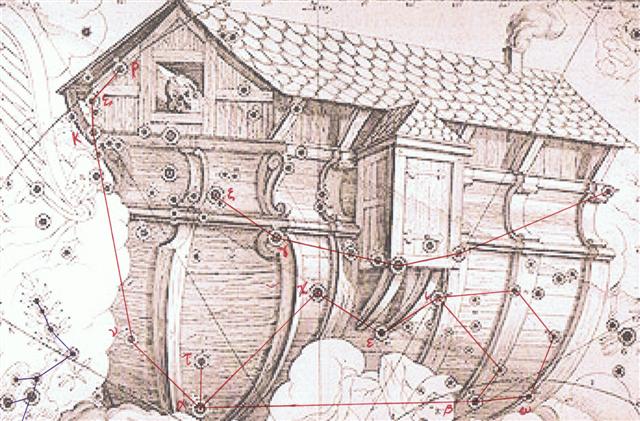 |
|
July 15 (196 =
181 + 15) |
16 |
17 |
|
Febr 20 |
21 |
22 |
23 (Terminalia) |
24 (420) |
|
Castor, the Beaver rat (Castor Fiber) was
building his house down in the water and his star culminated at 21h
in February 23. Here the Ghost of Jupiter (his kuhane) was at
the Full Moon.
... The leap day was introduced as part of the
Julian reform. The day following the Terminalia (February 23) was
doubled, forming the 'bis sextum - literally 'double sixth',
since February 24 was 'the sixth day before the Kalends of March'
using Roman inclusive counting (March 1 was the 'first day').
Although exceptions exist, the first day of the bis sextum
(February 24) was usually regarded as the intercalated or
'bissextile' day since the third century. February 29 came to be
regarded as the leap day when the Roman system of numbering days was
replaced by sequential numbering in the late Middle Ages ... |
 |
 |
 |
 |
 |
|
Cb6-12 |
Cb6-13 (590 - 70) |
Cb6-14 (521) |
Cb6-15 (130) |
Cb6-16 |
| tu te rau hei |
ku hakahonui raua |
kiore |
hokohuki |
|
Kiore. Rat. Vanaga. Rat, mouse; kiore hiva,
rabbit. P Pau., Mgv.: kiore, rat, mouse. Mq.: kioē,
íoé, id. Ta.:
iore, id. Churchill.
... In China, with Capricornus,
Pisces, and a part of Sagittarius, it [Aquarius] constituted the
early Serpent, or Turtle, Tien Yuen; and later was known as
Hiuen Ying, the Dark Warrior and Hero, or Darkly Flourishing
One, the Hiuen Wu, or Hiuen Heaou, of the Han dynasty,
which Dupuis gave as Hiven Mao. It was a symbol of the
emperor Tchoun Hin, in whose reign was a great deluge; but
after the Jesuits came in it became Paou Ping, the Precious
Vase. It contained three of the sieu, and headed the list of zodiac
signs as the Rat, which in the far East was the ideograph for
'water', and still so remains in the almanacs of Central Asia,
Cochin China, and Japan ...
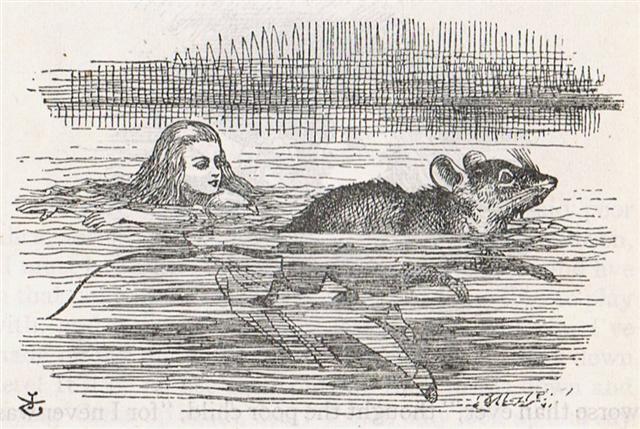 |
|
RIGHT ASCENSION
DAYS AT THE FULL MOON: |
|
λ
Hydrae (153.2) |
ADHAFERA = ζ Leonis,
TANIA BOREALIS (Northern Gazelle) = λ Ursae Majoris, SIMIRAM = ω
Carinae
(154.7) |
ALGIEBA (The Mane) =
γ
Leonis,
q Carinae (155.5) |
TANIA AUSTRALIS (Southern Gazelle) =
μ
Ursae Majoris
(156.0),
GHOST (KUHANE) OF JUPITER = NGC3242 Hydrae
(156.8) |
Extended Net-26b (Ox)
μ
Hydrae
(157.1) |
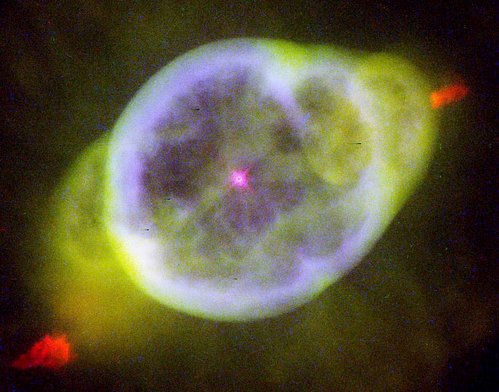 |
|
Aug 21 |
22 |
23 (235) |
24 (8 * 29½) |
25 (420 - 183) |
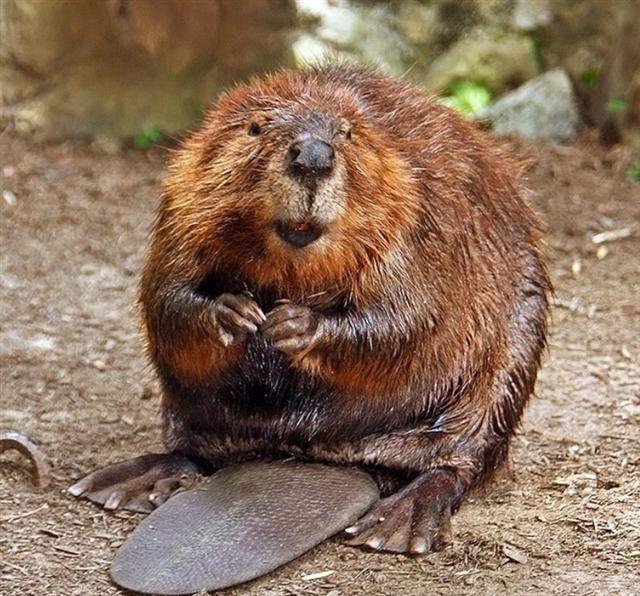
|












